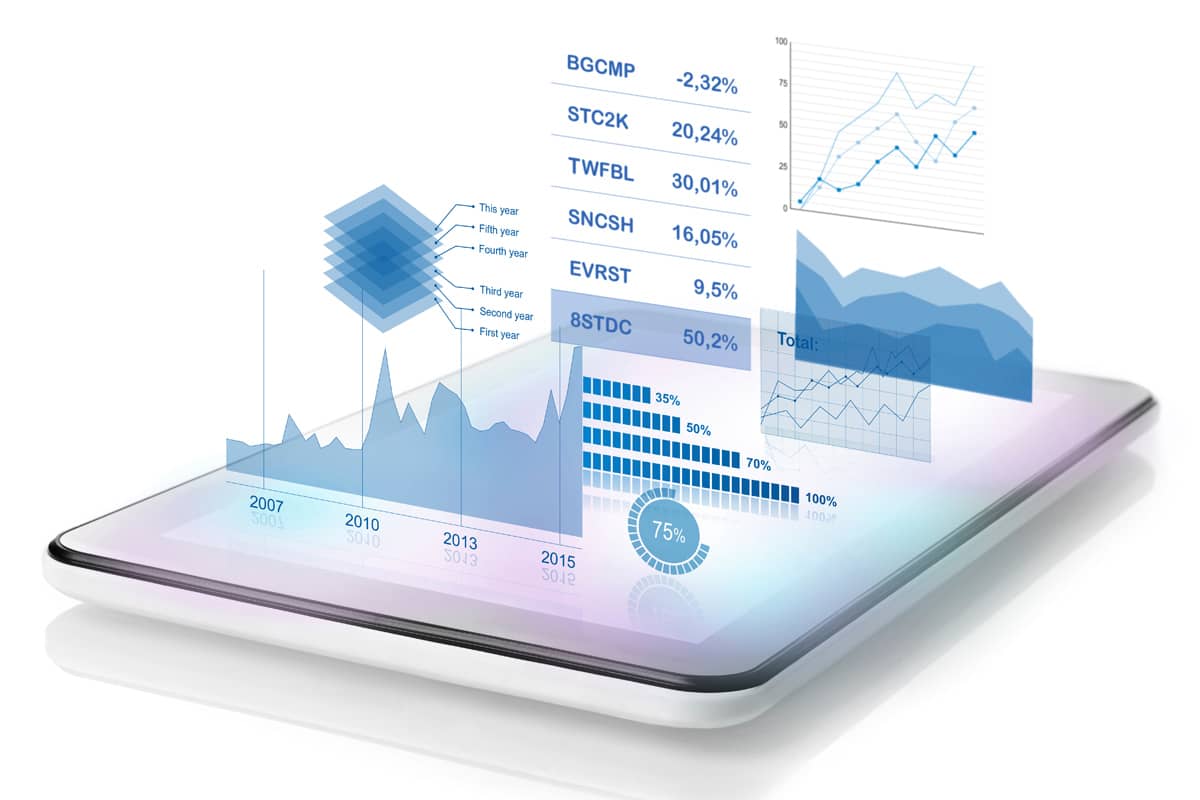Financial analysts collect info, assemble spreadsheets, write stories, and review all non-authorized pertinent details about prospective offers. Financial analysts have to be element-oriented, motivated to hunt out obscure data, and aware of the workings of the financial system, tax laws, and cash markets. Many monetary analysts find employment as quickly as they graduate from an MBA or CFA program.
A growing range of monetary products and the need for in-depth information of geographic areas are anticipated to result in strong employment progress. For superior positions, employers often require a master’s in enterprise administration (MBA) or a grasp’s degree in finance.
Roughly one-third of financial analysts work more than 40 hours every week, in line with the Bureau of Labor Statistics (BLS). Good communication skills are mandatory because these staff should current advanced monetary ideas and techniques. Ratings analysts consider the ability of corporations or governments to pay their money owed, including bonds.
Many monetary analysts work at massive monetary establishments based in New York Metropolis or other major financial centers. Ten p.c of analysts received a base pay of $44,490 or much less, and ten p.c earned $141,seven-hundred or more. Most of the licenses require sponsorship by an employer, so companies do not count on people to have these licenses before starting a job.
These are the people write most of your analyst stories you learn within the well-liked monetary media. The American Academy of Financial Management gives a common certification called the Accredited Financial Analyst (AFA). Most companies require a bachelor’s degree in a related discipline, resembling finance, business, accounting, statistics, or economics.




